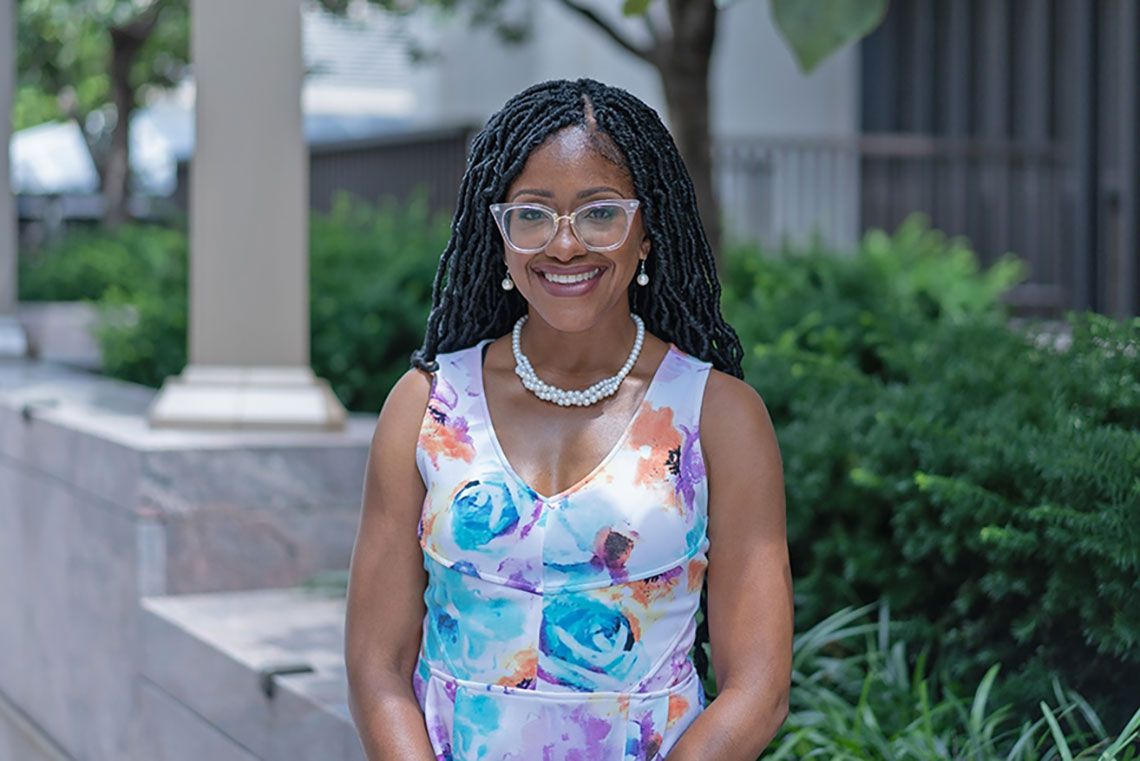
In a recent study, Maranda C. Ward, EdD, MPH, assistant professor of clinical research and leadership at the George Washington University School of Medicine and Health Sciences (SMHS), assessed the impact of a writing assignment on students’ awareness of racialized health disparities.
As part of the curriculum of an SMHS undergraduate health sciences course, students design a community-level intervention that addresses a local health disparity. Over the eight-week online class, students use health equity concepts and community planning principles, and they engage with a community through health education or promotion-program planning. This intervention also serves as the final course project.
“At SMHS, we believe a curricular commitment to health equity enhances learners’ capacity and competency to address the structural inequities that fuel pervasive health disparities among socially disadvantaged populations,” explains Ward. “Ethnocultural empathy, or racial and ethnic perspective-taking, can be a measurable competency. With a project like this, not only are we engaging our learners in a hands-on, immersive experience, but our faculty can then evaluate the pedagogical decisions used in the students’ projects.”
As an additional element of the course, students write a paper in which they describe how the perspectives of BIPOC, or Black, Indigenous, People of Color, have shaped their proposed community intervention. They also offer potential solutions on mitigating the racial biases that may appear in community-based interventions.
“It is critical that as our students learn about the communities they will serve, they develop the necessary empathy to really connect with their patients and tackle threats to health equity,” Ward said. “Health professions’ training must get to the root of why health disparities exist and how we can competently and compassionately improve care for historically underserved populations.”
Access the study, “Embedding Ethnocultural Empathy in a Community-Based Health Intervention Writing Assignment,” in Prompt.


